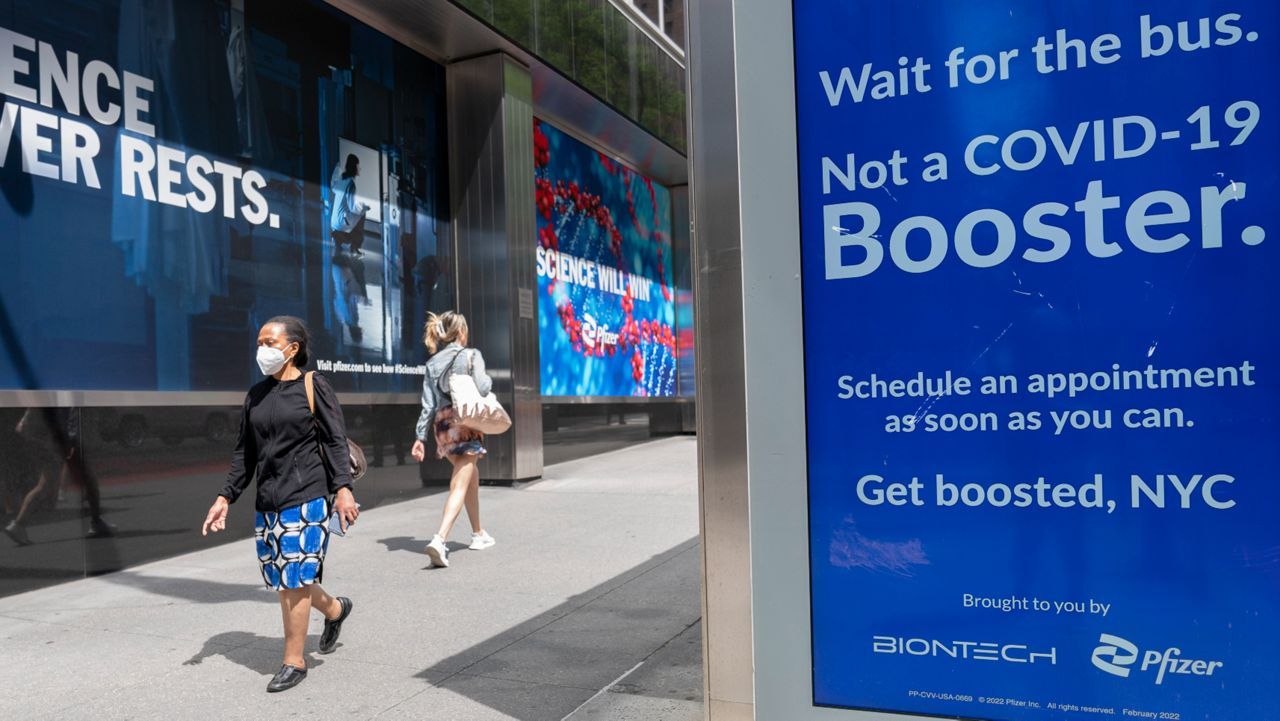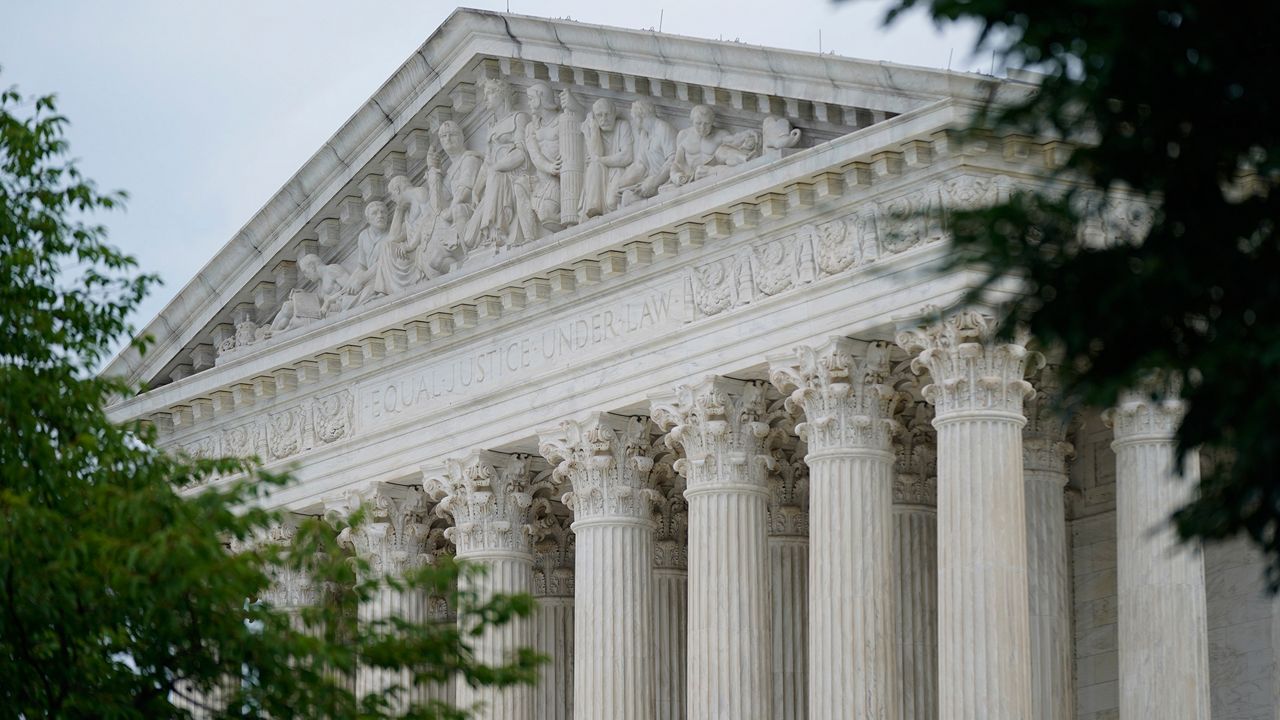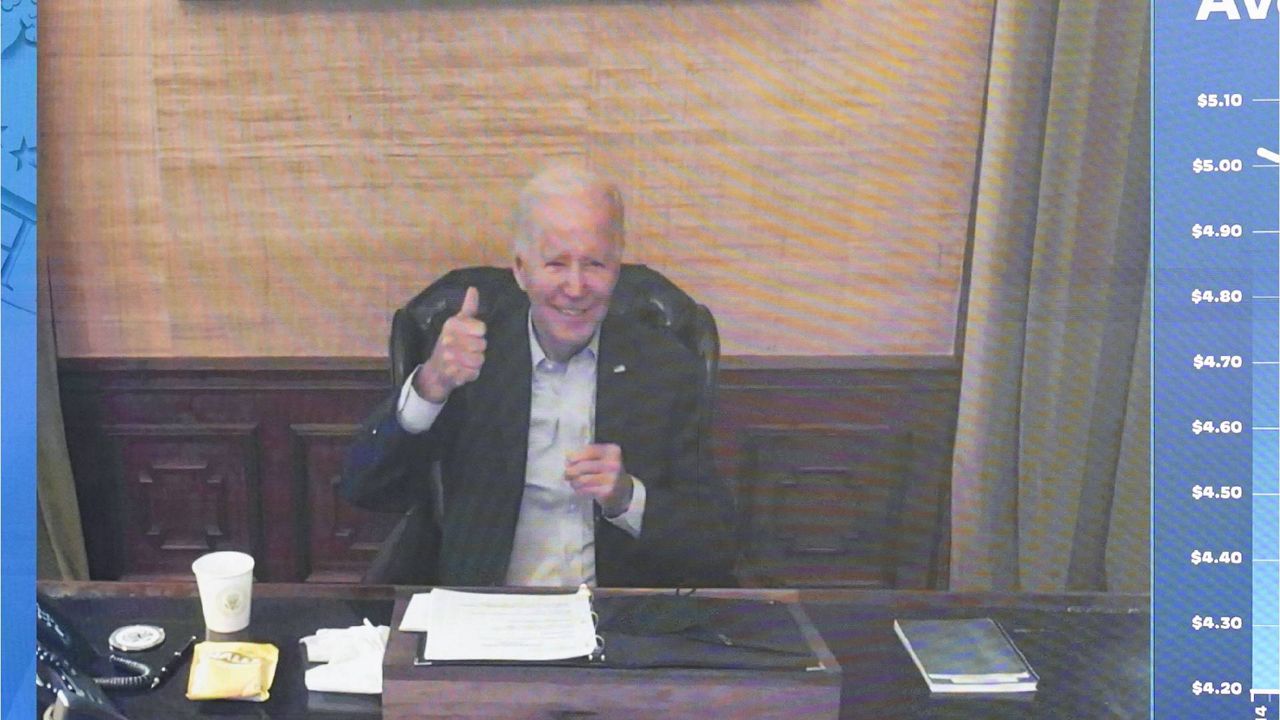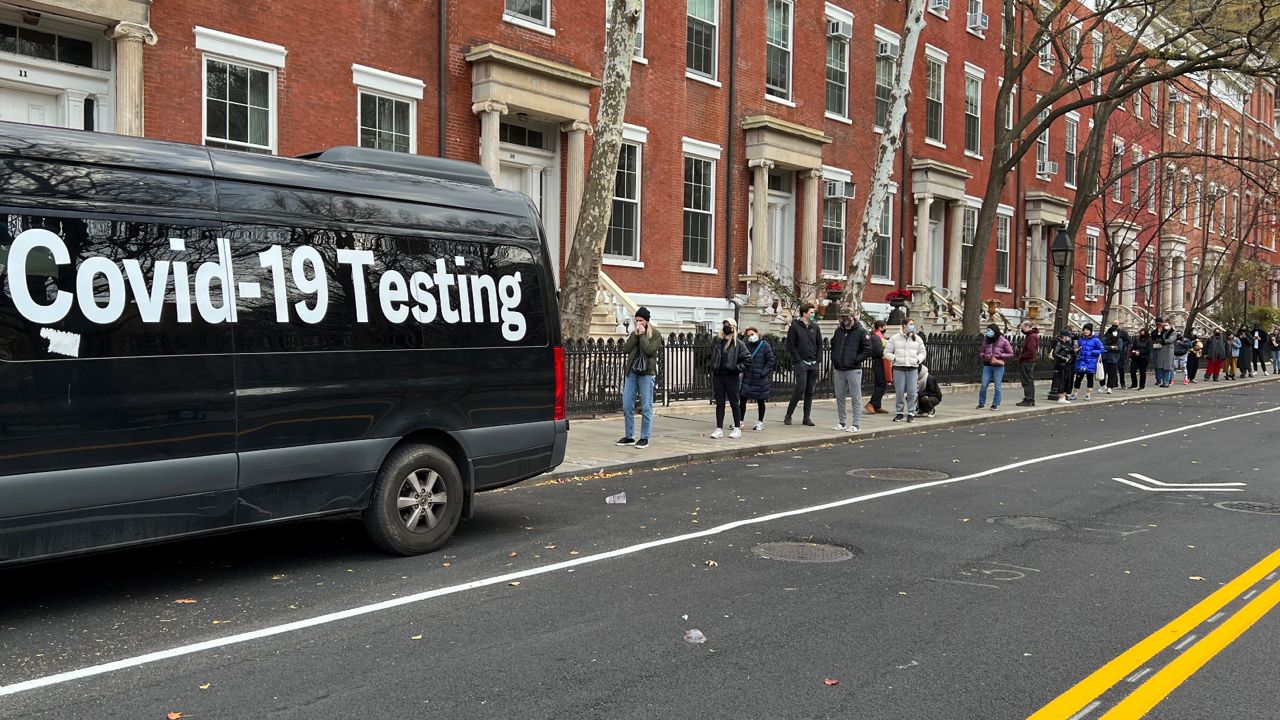The home that Krystle Clark and Martin Mundzik purchased in Arverne is more than just a home, it’s been a financial lifeline for the Queens couple.
They rent out the second floor of their home on Airbnb and other short-term rental platforms.
- LIVE UPDATES: Coronavirus in New York City
- LIVES LOST: Remembering Victims of the Coronavirus
- What to Do If You Test Positive for COVID-19
- CDC Coronavirus Page
- WHO Coronavirus Page
“Right when the shutdown happened is right about when things would start to boom,” said Krystle Clark. “Like all through the summer we’re usually booked solid and we usually make more than our mortgage in the summer.”
The Rockaways couple estimates they made $26,000 in bookings last year, enough to help pay their mortgage.
Now they cannot rent the house at all because of the coronavirus.
Not many people are traveling and even fewer want to stay in a stranger’s home.
“We have a few July bookings that haven’t cancelled on us just yet. The only bookings we have left are from Germany,” said Martin Mundzik.
Briyah Paley, who hosts Airbnb guests in her home near LaGuardia Airport, relies on last minute reservations.
As an actor, she uses the income to pay for everyday expenses, including food.
“I was booked about 80 percent of the time. So I was charging about 50 bucks a night so that was really covering my expenses. So it’s a big impact for me,” said Paley.
A 2015 study for Airbnb claimed the company generated $1.15 billion in economic activity in the city a year and supported more than 10,000 jobs.
The company could not provide an updated analysis.
The pandemic has put a big dent in Airbnb’s own financial health, requiring the company to borrow $2 billion.
Hoping to stanch the bleeding, Airbnb is trying to make customers feel more at ease.
For example, they’ve tightened the rules for cleaning properties after every rental.
Matthew Lerner, who has a company which manages Airbnb properties for clients, told NY1 that COVID-19 likely wont be the end of Airbnb.
He does, however, believe it will change the way people travel in the future.
“People are becoming a lot more interested in domestic travel. The whole experience of going to a far away place, airplanes and airports are a little scarier now,” said Lerner, the founder of Makomi.
Clark and Mundzik can only hope that trend leads to more bookings for their house.
With unemployment benefits and savings, they think they can get by for a few more months.
After that, they are not sure what the future holds.









